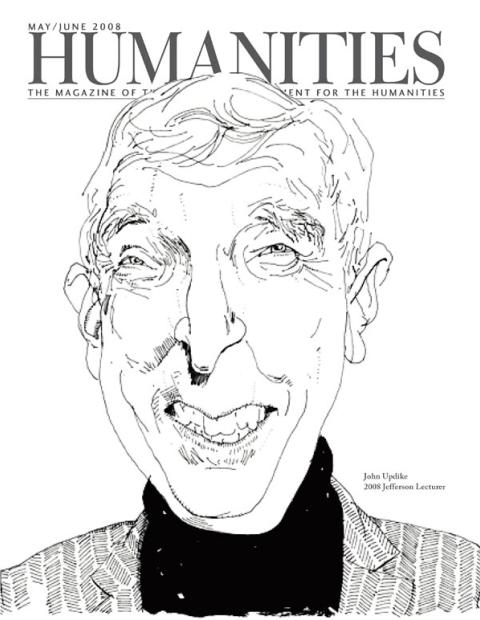It was a cold March evening in 2003 and Jane Brailove Rutkoff, Executive Director of the New Jersey Council for the Humanities, was heading home from a screen of a film the council funded shortly after 9/11 that examinied anti-Muslim sentiment in Jersey City. This city is home to many ethnic groups, including a sizable number of Muslims.
After the screening, a lively public discussion had riveted the packed auditorium on the city’s waterfront, just across the Hudson River from the ruins of the World Trade Center.
As she drove home, Rutkoff pondered the cross-cultural understanding produced by the night’s events. She was exhilarated. “I tell you, my tires did not touch the highway. I was high as a kite,” she says. “I thought, ‘This is what it’s all about. This is what we are here for.’"
Rutkoff has experienced other luminous moments since arriving at the New Jersey Council in 1998, coming home to her native state after a quarter century in Ohio. The onetime high school English teacher spent seven years at the Ohio Humanities Council, as a program officer and acting director. But the New Jersey job has also proved daunting, she says.
“Daunting and exhilarating both, because of the magnitude of what's possible,” she says. “New Jersey is the most densely populated state in the country, with a multiplicity of cultures and challenges, including blighted urban centers and very significant fiscal problems. There is the New Jersey of Tony Soprano, but there’s also a lesser-known New Jersey, with so much important history,” she says.
Rutkoff's own history has surely shaped her stewardship of the council, which has a budget of $1.25 million and a full-time staff of four (soon to expand to five) in Trenton. Her father, a dentist in Elizabeth, was born in Woodbine, a tiny South Jersey town founded in 1891 as a refuge for persecuted Eastern European Jews. Her mother had no formal education but was a lifelong learner with a social consciousness sharpened by the 1967 race riots in nearby Newark. Rutkoff herself majored in English at the University of Pennsylvania while obtaining a teaching certificate and later ran a program designed to attract liberal arts students into education.
One of the council’s most popular offerings has been its Speakers Program. In 2007, the council sponsored 340 free public lectures by various scholars at participating libraries, historical societies, and other nonprofit groups. Last year the council also awarded thirteen major humanities grants, including one to the state chapter of the Filipino American National Historical Society to help to explore Filipino veterans’ roles in the Second World War and one to Camden County College for a lecture series on the legacy of novelist Jane Austen.
Few programs, however, are closer to Rutkoff’s heart than the council’s Teacher Institute Seminars, which provide free, six-day summer residential programs in the humanities for K-12 teachers. Every year Rutkoff tries to attend opening day, when participants introduce themselves. “They talk from deep within, from the heart, about their classroom,” she says. “Being among these teachers, about to begin a week of serious study, I am always inspired.”
The Clemente courses provided in collaboration with Bard College since 1999 are also favorites. Students whose life circumstances prevented them from pursuing higher education receive free tuition and books for twenty-eight weeks of college-level humanities study in their own communities.
“I can’t think of anything that goes more to the heart of public humanities,” Rutkoff says. The latest crop of Clemente students—sixteen adults who met Wednesday nights at the First Baptist Church of Lincoln Gardens in Somerset-finished its coursework in April.
“Many of the students had not had college-level courses, and they needed some encouragement to give this a try. Now I'm finding people are loving it,” reports Mae Caldwell, a church member who did recruiting on behalf of the council. “After the art history segment, they went on a trip to the Metropolitan Museum of Art. We went on a Saturday morning and rushed back, because one of our people needed to be back at work for her 4-to-12 shift at the youth detention center. It was wonderful. People are still talking about the experience.”


